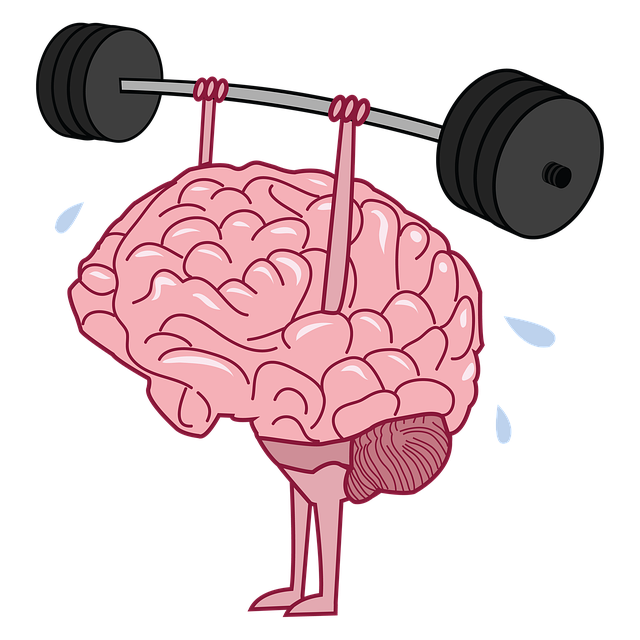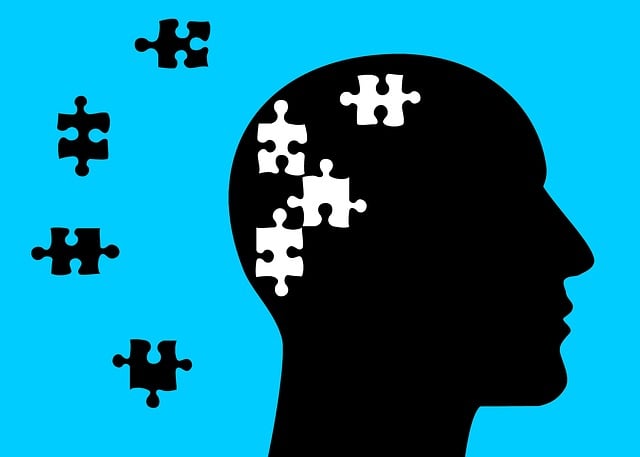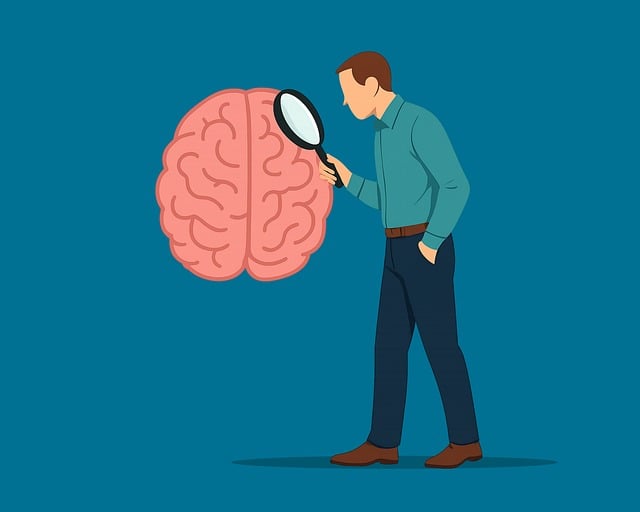Englewood Adolescent and Teen Therapy (EAT) offers a unique, comprehensive mental health education program tailored for teens facing academic pressures, social stressors, and community-specific challenges. Through interactive workshops, peer support groups, a Mental Wellness Podcast Series, and age-appropriate activities like journaling exercises, EAT creates safe spaces for open conversations about emotional well-being. Combining latest research with practical tools, the program enhances emotional intelligence, encourages self-care, and improves mental health outcomes, ultimately building resilience in young individuals.
Englewood, like many communities, faces challenges in addressing mental health issues among adolescents and teens. This article explores the critical role of education in combating these concerns, focusing on the design of a comprehensive program at Englewood Adolescent and Teen Therapy. We’ll delve into understanding the unique mental health landscape of this demographic, identifying key components for effective programs, and highlighting successful implementation strategies to ensure long-term sustainability.
- Understanding Mental Health Issues Among Adolescents and Teens in Englewood
- Key Components of an Effective Education Program for Mental Well-being
- Implementing and Sustaining a Comprehensive Mental Health Education Initiative at Englewood Adolescent and Teen Therapy
Understanding Mental Health Issues Among Adolescents and Teens in Englewood

Englewood, a vibrant community with its unique challenges, presents a specific focus for mental health education among adolescents and teens. The youth here often face pressures from academic demands, social dynamics, and community-specific stressors that can contribute to various mental health issues. Recognizing these challenges is the first step towards creating targeted interventions.
Englewood’s Adolescent and Teen Therapy programs should aim to foster a safe space for open conversations about mental well-being. By incorporating Compassion Cultivation Practices, which encourage empathy and understanding, therapists can help young individuals navigate their emotions effectively. Additionally, teaching Burnout Prevention strategies is vital to build resilience and promote positive thinking, ensuring that teens can manage stress and maintain a healthy mindset.
Key Components of an Effective Education Program for Mental Well-being

An effective education program for mental well-being must be multifaceted and engaging to cater to the diverse needs of adolescents and teens. At Englewood Adolescent and Teen Therapy, we’ve found success in integrating interactive workshops, peer support groups, and accessible Mental Wellness Podcast Series Production as core components. These elements not only foster open discussions on emotional regulation but also equip young individuals with practical tools to navigate stress, anxiety, and other mental health challenges.
The program design should prioritize a safe and non-judgmental environment where participants feel comfortable sharing their experiences. Regularly updated content that aligns with the latest research in mental health awareness is essential. By combining these strategies, an educational initiative can effectively enhance emotional intelligence, promote self-care practices, and ultimately contribute to improved mental wellness outcomes for teenagers.
Implementing and Sustaining a Comprehensive Mental Health Education Initiative at Englewood Adolescent and Teen Therapy

Englewood Adolescent and Teen Therapy (EAT) recognized the need for a comprehensive mental health education program to empower young individuals and their support systems. They implemented a multi-faceted initiative focusing on mental wellness, aiming to foster an environment where open discussions about mental health are normalized. The program involves educational workshops, interactive Mental Wellness Journaling Exercises, and Healthcare Provider Cultural Competency Training tailored to suit different age groups and needs.
Through this approach, EAT provides Crisis Intervention Guidance while equipping students with coping strategies and knowledge. The initiative’s success lies in its ability to engage adolescents and teens through relatable content, encouraging them to take charge of their mental health. By integrating these educational components into their therapy sessions, EAT ensures a sustainable impact, enabling young people to navigate life’s challenges with enhanced resilience and self-awareness.
Englewood Adolescent and Teen Therapy’s successful implementation of a comprehensive mental health education initiative highlights the key components for effective program design. By addressing the unique mental health challenges faced by adolescents in Englewood, this program not only enhances awareness but also equips young individuals with coping strategies. A sustainable approach, focusing on evidence-based practices and community engagement, ensures long-term positive outcomes. This model can serve as a blueprint for schools and organizations worldwide to create inclusive environments that prioritize youth mental well-being.














